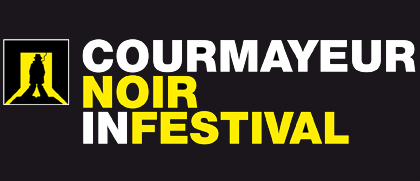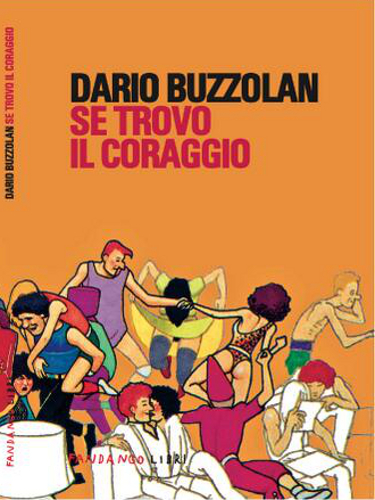Se trovo il coraggio
Dario Buzzolan
Dario Buzzolan
The "march of 40,000" was a fundamental moment in Italian history. A turning point during which Fiat managers and employees turned on the workers who were fighting a harsh battle against the Agnelli family, and took to the streets of Turin, asking to return to work in the occupied factory. It was a turning point in union relations, and led to the end of the 1970s and the beginning of a new season, the consequences of which can be felt today, in the constant attempts to go back to the victories of the union movements, the end of guarantees, and the rise of mass temporary work.
One such precarious worker is 47-year-old Matteo, of Turin, the main character of television reporter Dario Buzzolan’s (also 47) Se trovo il coraggio, which hinges on events that took place 30 years ago, at a party of Turin’s upper class, from which two young men disappeared. It was the night before the march, when everything was changing for Italy and for 14-year-old Matteo, who today scrapes by helping a friend sell mobile phones.
It was a moment of transition, when grand ideals were dying out, and what remained were forms of indistinct and incomprehensible violence, which involve Fabiano (who was like an older brother to Matteo), always on the front lines to help the oppressed from Nicaragua to Africa, but unable to listen when his own friend needs his help. The dramatic story unfolds within a generational and political battle and captures a Turin that no longer exists; a Turin that replaced its buildings with outdoor bathrooms with Japanese restaurants. The story took 30 years to germinate in Buzzolan, and is the first chapter of a trilogy, the second installment of which is almost complete.


